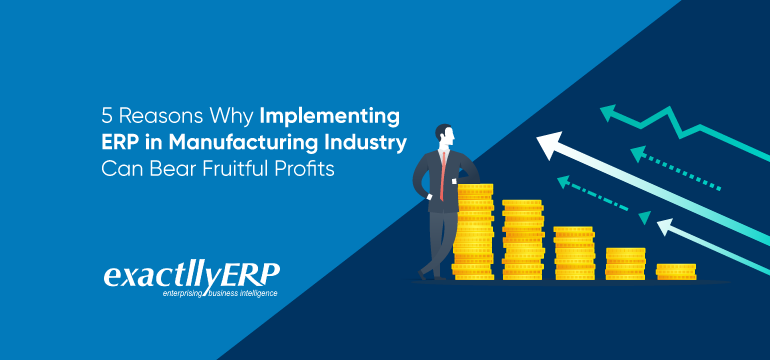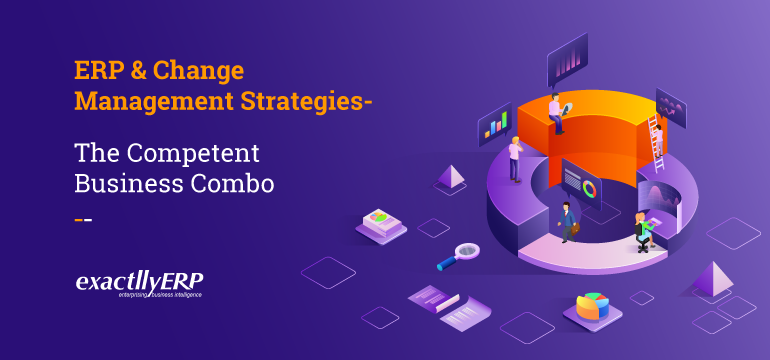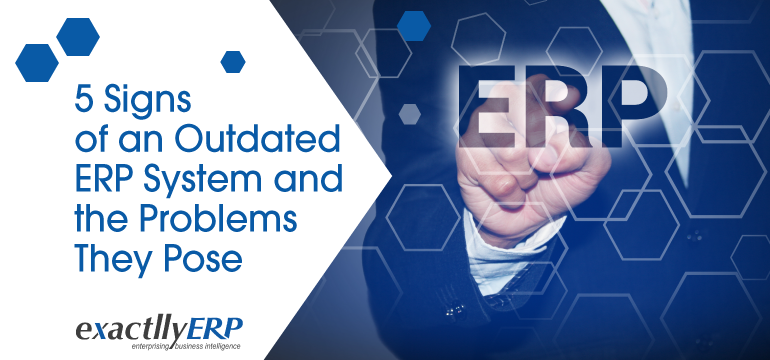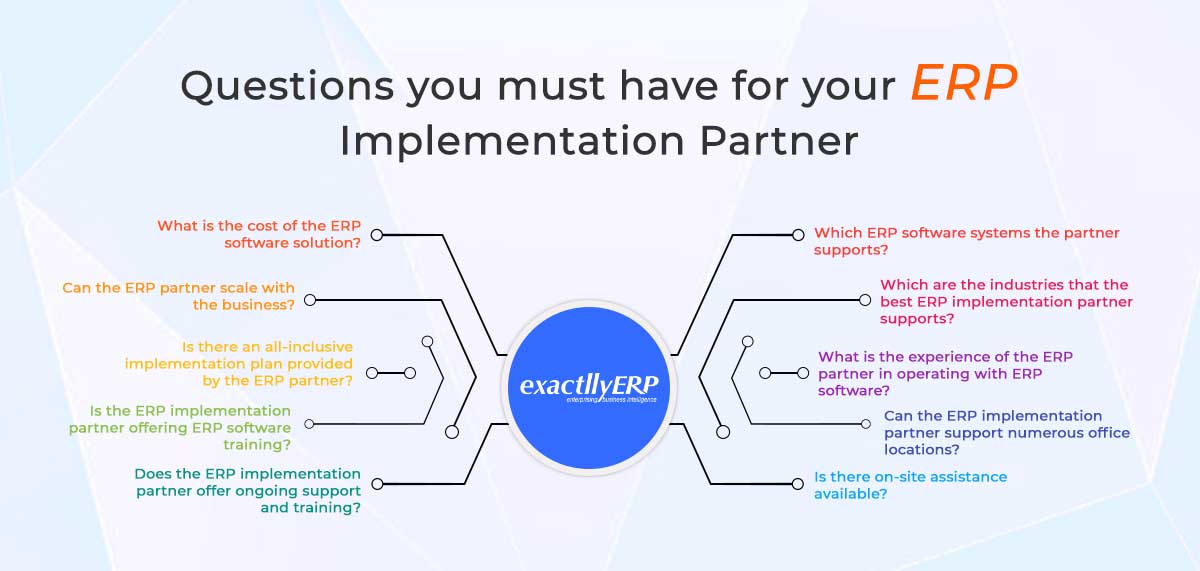5 Reasons How Implementing ERP in Manufacturing Industry Can Bear Fruitful Profits

The risks and rewards of manufacturing sector are pretty uneven, making it a hard place to be in. There are so many things that can go wrong and result in a loss. However, ERP could surprisingly be the solution to this problem. Here is how implementing ERP in manufacturing industry can lead to profits:
1. Efficient workflow
The biggest incentive to go with ERP is the sheer cohesiveness it imparts to your business. From small companies to large ones, the entire manufacturing procedure is spread across multiple departments and sub-processes that require, but don’t always have, synchronization. This lack of coordination makes production inefficient in the least, but may lead to huge losses in the worst-case scenarios.
With ERP, the central tool manages all the processes spread across the company, thus enabling it to operate as a single entity. There is easy information sharing, high visibility, and no scope for confusion or redundancy. Every unit is connected to others and every process can be set to sync with others. Naturally, when your workflow is more efficient, it eventualy translates into more profits.
2. Customer satisfaction
In the end, it is all about the customers. Customer satisfaction is directly linked to customer retention. The more customers you retain, the more profits you make. Needless to say, implementing ERP in manufacturing industry satisfies the customers in a very direct way.
Delivery within deadline has always been a crucial part of customer satisfaction. However, since most customers don’t like to wait too long, manufacturers often promise a deadline that is unrealistic. In other situations, manufacturers might not be aware of the actual time that would be taken in the first place.
With ERP, both these problems are solved. When processes become more streamlined and efficient, it enables manufactures to draw a more accurate and realistic plan for the deadline that is also quicker and easily achievable. When products are delivered on time or sooner, it goes a long way in ensuring customer satisfaction.

3. Better adaptability
When you implement ERP, you are actually putting something similar to a central nervous system that connects various units of your company together. Apart from the benefits mentioned above, there is another way in which ERP gives manufacturing industry an advantage: adaptability.
Most vendors provide ERP tools with real-time data analysis to gain insights, so you can keep a watchful eye on your manufacturing unit as well as the trends in the industry. The tools alerts in response to any change, making you ready to prepare and adapt accordingly. A noteworthy implementation of this ability is inventory management. The persistent problem with maintaining an inventory is striking the right balance. Too many items in the stock increase the risk of loss when the demand slumps, while a low level may lead to shortage when the demand spikes. With ERP, you get access to critical information all the time, allowing you to maintain your inventory in accordance to dynamic market needs.
4. Better decision making
What do you get with access to real-time data, insights, visibility and control on all operations? The ability to make better decisions. By implementing ERP in manufacturing industry, the once-fragmented way of doing things is essentially replaced by a centralized control. Everything and everyone are connected to each other. With central control, various performance metrics like sales, productions etc. could be accurately measured at all times. Thus, there remains no scope for ‘guesswork’. Not only is the information accurate and real-time, it is also accessible easily at any given time. Every decision could be made by taking even the slightest piece of relevant information into account. When you take better decisions, they naturally lead to profits for the company.

5. Cost reduction
Here is the simplest correlation: reduced costs leads to higher profits. Implementing ERP in your business reduced the overall costs in more than one way. While most people are skeptical about ERP due to the initial costs involved, the decision leads to much higher returns.
With streamlining, processes get more efficient and require less input in term of both labor and energy. Significant automation also reduces the cost of labor. Efficient processes also translate to reduced waste, maintenance cost and scope of error. It also improves self-sufficiency and eliminates the need of third-party applications. These reasons might look small or trivial individually, but they combine to give significant profits to the company.
Conclusion
The aforesaid reasons make it abundantly clear how ERP can drive profits in the manufacturing sector. Even if you count the efforts and cost involved in setting up the tool, the sheer monetary benefits outweigh it by a huge margin. Truly, ERP is the solution manufacturing industry has long been looking for!







